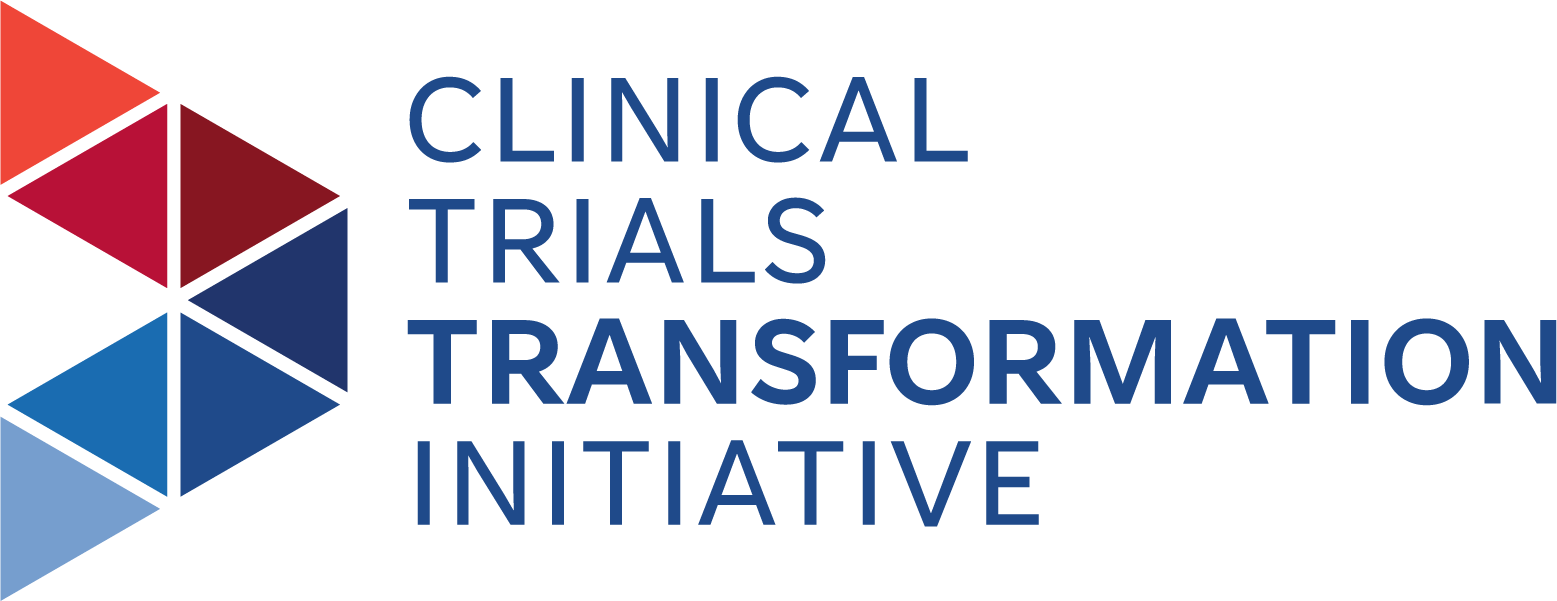Where to Begin with Digital Health Technologies? A Digital Health Scientist with Genentech Explains How CTTI's Recommendations Work
Genentech Applies CTTI's Digital Health Technologies Recommendations
SUMMARY
Genentech's Digital Health team helps others
implement novel technologies into clinical trials using CTTI's Digital Health
Technologies recommendations and resources. Here, the team explains why the
recommendations are such an asset and how others can use the recommendations as
a starting point for their digital efforts.
GOAL(S)
Digital technologies offer the potential to
increase the quality and efficiency of clinical trials-- from reducing barriers
to participation and improving the participant experience, to capturing more
informative real-world data and lowering costs associated with conducting
clinical trials. But with technology moving at near-lightening speed and little known about potential research participant
preferences related to the use of digital technology, incorporating these
devices into the design and conduct of a trial can be tricky. One member of Genentech's Digital
Health team (part of Genentech's Research and Early Development (gRED) group) helped CTTI develop comprehensive recommendations to help
stakeholders implement digital tech into trials more effectively. Once those
recommendations were released, Genentech set out to implement the guidance
across the own organization.
CHALLENGES
Interest in digital health technology (also referred
to as mobile technologies) is high across the industry, with stakeholders
realizing the merit and enhanced insights these solutions can offer. Genentech,
a large biotech organization, was eager to implement mobile solutions quickly,
but without a formal structure in place for integrating these technologies into
Genentech trials, they had to essentially build the ship and sail it at the
same time. In addition, with technology constantly changing, the organization
had to implement a plan for mobile tech that was durable, but also not too
specific.
SOLUTION(S)
With one member of Genentech's Digital Health
team having served as a co-author on CTTI's recommendations for industry on the
use of digital tools in clinical trials, Genentech had a knowledgeable resource
to disseminate the guidance across the organization and use it to help build
out the company's plan for integrating digital health tech into its research
efforts.
TAKING ACTION
Numerous colleagues at Genentech were interested
in this effort, and the Genentech Digital Health team advised them all
similarly on how to begin based on CTTI's recommendations: determine what you
want to measure. A challenge with digital health tech is that there is always a
shiny, new product that "promises the moon". However, for Genentech's
studies (and most clinical studies) the team was not looking to track hundreds
of data-points simultaneously. Genentech's Digital Health team urged its
colleagues to first establish a hypothesis on what they want to measure, and then
use this information to select a solid, reliable tracker to collect data to
support that measure. For example, for overall activity tracking, the Digital
Health team uses the Actigraph Centerpoint Insights watch to capture their Moderate-to-Vigorous Physical
Activity (MVPA) endpoint. It is better, the team says, to use a reliable
streamlined device than a new one that might utilize multiple sensors beyond
the accelerometer, but brings potential risk because the device isn't proven
and the extra data may not be helpful.
Genentech's Digital Health team also launched a
plan to use CTTI's recommendations in a way that gave all of its colleagues a
common "language" around mobile tech. Words like "validation" and "verification" can have different meanings across organizations, bringing
confusion to the mobile technology integration process. CTTI's recommendations
offer a common voice that ensures everyone is speaking the same language.
IMPACT
The Digital Health team originally planned on
six months to implement its CTTI-inspired mobile tech evaluation infrastructure
at Genentech, but the project took more than three years and is still being
refined. This, the team says, reflects the complexity and scope of Genentech as
well as the rapid pace of technology development. The organization is selective
about the studies in which it chooses to deploy mobile tech, so results are
limited. However, interest across the company in the Digital Health team's
guidance is constantly increasing, suggesting the effort's success and ultimate
impact will be substantial.
ADVICE
Mobile technology is one of those topics that
makes biotech both excited and nervous at the same time. Excited because the
opportunities are massive; but nervous because this is an industry that is
generally hesitant to change and take on any perceived risks. According to Genentech's
Digital Health team, the thing to remember is that digital technology is the
way forward, so the real risk is in failing to develop an internal method to
evaluate options that can both safeguard and enhance study outcomes. The team
views CTTI's recommendations as a solid starting point to begin to bring digital
tech on board in the right way at the right time for your trial.
ORGANIZATION
Genentech (Roche)
ORGANIZATION TYPE
Industry
IMPLEMENTATION DATE
2016
TOPIC
Digital Health Technologies
